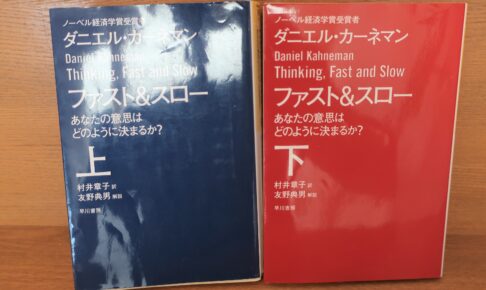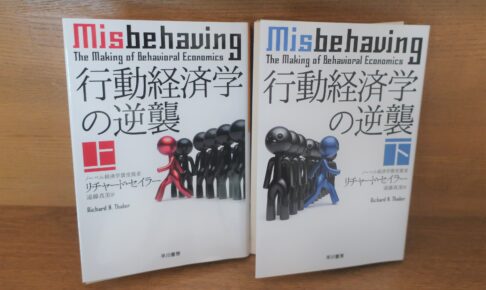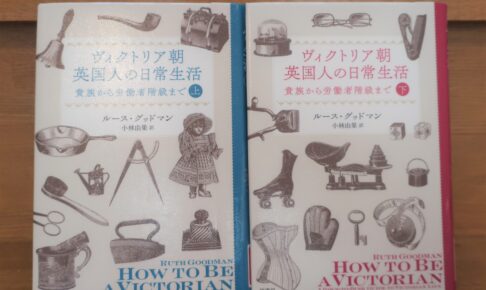Toru Miyoshi, "Che Guevara Biography" - Biography recommended to learn about the life and thought of Che Guevara, the leading revolutionary of the Cuban Revolution.
It was Guevara who inspired me to read Don Quixote. It was because of Guevara that I decided to read "Don Quixote" for the first time.
Now "Don Quixote" is like my life's work. I will continue to read this work for the rest of my life.
For me, Che Guevara was the great benefactor who connected me to Don Quixote.
This work, "The Biography of Che Guevara," is a wonderful biography that allows us to learn about the man to whom we owe so much.
















































